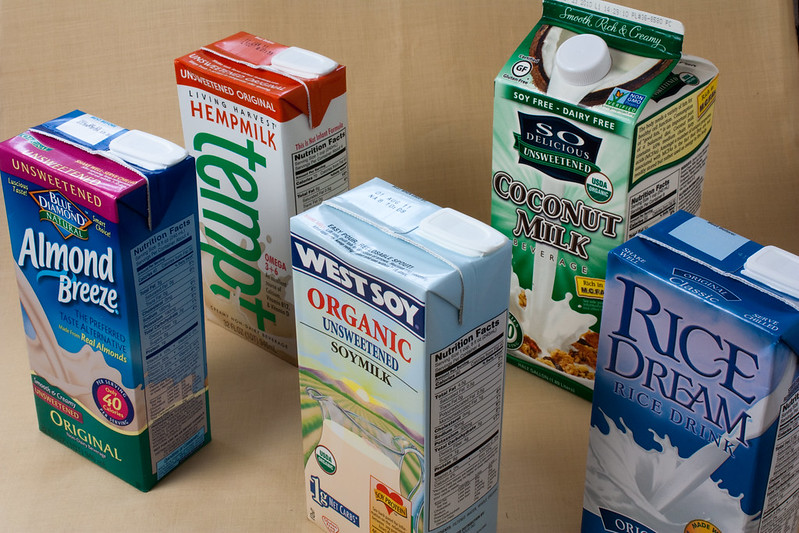By Agbai Sharonjoyce
For thousands of years, dairy milk has been a dietary staple. A genetic adaptation that allowed adults to digest lactose gave humans an evolutionary advantage—providing hydration and vital nutrients such as calcium and protein.
But today, the dairy aisle looks very different. A plant-based revolution is underway, with soy, almond, oat, and rice milks rapidly replacing traditional dairy in many homes. As liquid milk consumption declines, consumers are left asking a critical question:
Are these plant-based beverages real nutritional alternatives to cow milk?
Plant-based drinks have gained popularity, especially among vegans and people with lactose intolerance. However, current research shows that most of these beverages are not nutritionally equivalent to cow milk.
A complete switch from dairy to plant-based milks—without adjusting one’s overall diet—may lead to deficiencies in key nutrients such as calcium, vitamin B12, and essential amino acids over time.
Does plant protein measure up to the dairy standard?
While soy milk comes closest to dairy in terms of protein content, the real difference lies in protein quality.
Cow milk proteins are considered high-quality, boasting a digestible indispensable amino acid score (DIAAS) of over 100% across most age groups. This means dairy proteins are easily absorbed and provide all essential amino acids in adequate amounts.
In contrast, plant proteins can be limited by anti-nutrients and deficiencies in certain amino acids. Among plant-based milks, soy drinks are the only ones approaching dairy equivalence, sometimes achieving DIAAS values similar to cow milk for adults and older children.
By comparison, almond, oat, and rice milks contain less than 1% protein, often resulting in DIAAS scores as low as 39–78%. Substituting cow milk entirely with these low-protein beverages may lead to inadequate intake of essential amino acids—particularly for children and other vulnerable groups.
The nutrient gap
Another major concern lies in micronutrient composition. Cow milk is naturally rich in calcium, phosphorus, iodine, and several vitamins. It contains up to 300 times more calcium than soy milk and serves as a reliable source of vitamins A, B₂, B₁₂, K₂, and biotin.
Soy milk, on the other hand, provides ten times more iron than cow milk but falls short in other minerals. Most plant-based milks also contain lower levels of phosphorus, potassium, zinc, and iodine.
To address this gap, manufacturers often turn to fortification—adding calcium or vitamin D to mimic dairy’s nutritional profile. However, fortification with other critical nutrients like iodine and vitamin B12 is less consistent, making unfortified plant milks less nutritionally complete.
Despite these nutritional gaps, soy-based beverages continue to gain traction in the functional food market. Soy milk and its derivatives are commonly used to replace cow milk in products like yoghurt and coffee creamers, catering to growing vegan and lactose-intolerant populations.
This shift reflects both ethical choices and dietary adaptations, though nutrition experts emphasise that plant-based alternatives should be part of a well-balanced diet rather than complete substitutes.
Conclusion
The nutritional value of plant-based milks varies widely. While soy milk remains the closest alternative to cow milk—particularly for protein quality and hydration—other varieties like oat, rice and almond are less nutrient-dense.
Ultimately, the choice depends on personal preference and health goals. Those opting for full substitution should ensure their diets include fortified beverages or other nutrient sources to compensate for missing vitamins and minerals.
Summary not available at this time.






